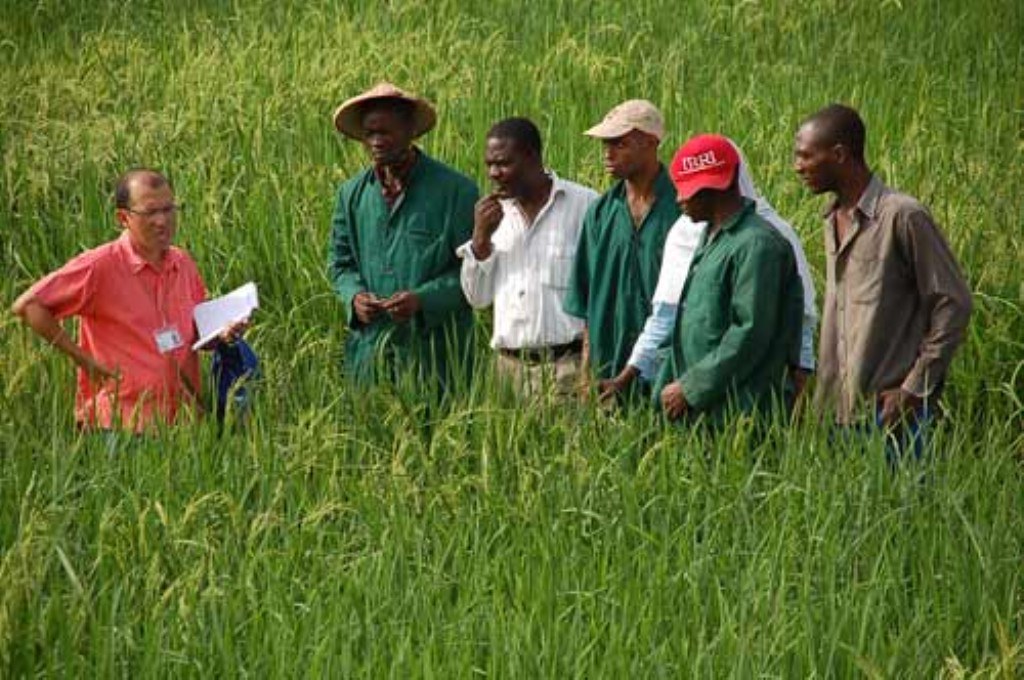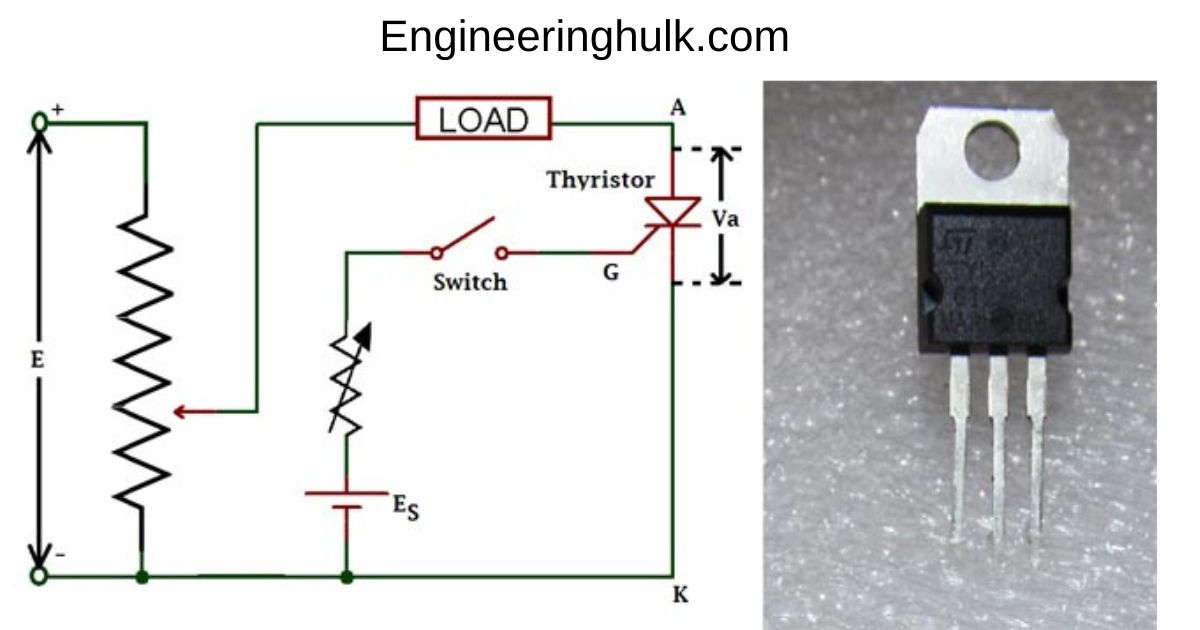Table of Contents
The definition of an Agriculture Officer:
Agriculture officers are professional specialists working with farmers and producers to promote and manage agricultural activities. They work to ensure that agricultural production is efficient and productive while protecting the environment and natural resources.
Agriculture officers may be involved in research, agricultural policy, and educational outreach. Agriculture officers provide technical advice and assistance to farmers and agricultural producers on various topics, such as soil management, crop selection and production, pest and disease control, and marketing and finance.
They may also work with farmers to develop plans for the most efficient use of their land and other resources. Agriculture officers are expected to have knowledge of the latest agricultural technologies and techniques and the ability to develop and implement plans and strategies.
In addition to providing technical advice and assistance, agriculture officers also provide educational outreach to the public, government agencies, and other organizations. They may educate the public about food production, food safety, and the importance of sustainable agriculture practices.
They may also support local, state, and federal agencies in developing and implementing agricultural policies and regulations. Agriculture officers typically have a bachelor’s degree in agriculture, agronomy, or a related field. Many also have experience working with farmers, agricultural producers, and agricultural organizations.
An Overview of Job Responsibilities:
Job Responsibilities are duties and tasks assigned to a person by an employer. They are specified in a job description, which outlines the job requirements and expectations.
Job Responsibilities are an important part of the hiring process and can help employers identify the best candidate for the position. A job description can include a variety of tasks and duties that a person is expected to perform in a given role.
Common job responsibilities include customer service, data entry, answering phones, filing, providing administrative support, managing projects, and managing staff. Depending on the job, other tasks may also be included. When preparing a job description, employers should consider the skills needed to perform the job.
This can include technical knowledge, customer service skills, and problem-solving abilities. Employers should also consider how the job fits into the organization’s overall objectives and how it can contribute to the company’s success.
The job description should also include a list of goals and objectives the employee should strive to achieve. The job responsibilities should be clearly defined and should include measurable objectives that can be used to measure the employee’s performance.

The Qualifications required for an Agriculture officer:
A Bachelor’s degree in Agriculture or a related field is the minimum qualification required to become an Agriculture Officer. Most employers prefer candidates with a Master’s degree in Agriculture or a related field.
A background in agricultural sciences, economics, or business is also beneficial and can give candidates an edge in the job market. In addition to their education, Agriculture Officers must possess good communication, problem-solving, and organizational skills.
Agriculture Officers must also be knowledgeable about farming, irrigation, and soil management practices and be able to apply that knowledge to their work. They must understand the principles of crop production and how to manage a variety of crops.
Agriculture Officers must be comfortable working in a rural environment and understand rural communities well. They must also demonstrate an understanding of agricultural research and development, which is often necessary to improve farming practices.
Finally, Agriculture Officers must have the necessary technical skills to use computer software, such as spreadsheets, database management, and other agricultural applications. They must also be able to analyze data and make decisions based on the analysis.
The Education and qualifications required for an Agriculture officer:
He is a professional who works in the agriculture and rural development sector. They provide advice, guidance, and support to farmers, agricultural producers, and rural communities.
Education To become an Agriculture Officer, an individual must possess at least a Bachelor’s degree in Agriculture, Agronomy, Horticulture, or a related field.
Those wishing to pursue a career in this field should also have a strong background in the natural sciences, such as Biology, Chemistry, and Environmental Science. Qualifications In addition to a Bachelor’s degree, Agriculture Officers must possess several other qualifications and skills.
These include excellent communication and interpersonal skills, problem-solving skills, and the ability to work independently. Agriculture Officers must also understand farming practices and methods, agricultural regulations and standards, and environmental management.
They must also comprehensively understand the local, regional, and international markets for agricultural products. To be successful in this field, applicants should also be knowledgeable in areas such as soil science, crop protection, animal husbandry, and food safety.
Finally, Agriculture Officers need to be knowledgeable in technology and its application to the agriculture sector. In addition to the abovementioned qualifications, Agriculture Officers must also possess a valid driver’s license.
They must also be certified in First Aid and CPR. Some employers may also require applicants to have a valid pesticide applicator’s license.
The Job duties of the agriculture officer:
The job duties of an Agriculture Officer may vary depending on the specific position but generally include the following:
• Developing and implementing plans and programs related to agricultural production, land use, crop rotation, and soil conservation.
• Investigating and assessing land to determine its suitability for agricultural use.
• Advising farmers and other agricultural workers on techniques and methods to maximize crop yields and improve product quality.
• Monitoring and evaluating agricultural activities to ensure compliance with local, state, and federal regulations.
• Inspecting and testing agricultural products for quality control and safety.
• Working with producers to develop pest and disease management plans. • Writing reports documenting findings and recommendations.
• Assisting with the development and implementation of agricultural extension programs.
• Developing and delivering educational programs and materials to farmers and other stakeholders.
• Facilitating the exchange of information among farmers and other stakeholders.
• Maintaining records and databases related to agricultural activities.
• Representing the organization at agricultural conferences, meetings, and other events.
• Performing other duties as assigned.
The Career Outlook for an agriculture officer:
Agriculture officers have bright career prospects as the demand for their services increases. This is due to the increasing population, the need for more efficient production systems, and the need to ensure food security and safety.
Agriculture officers help farmers to produce crops and livestock sustainably. They advise on the best crop rotation and fertilization practices, the most suitable types of livestock, and the best ways to protect crops from pests and diseases.
They also help farmers to understand government regulations and to apply for grants and subsidies. Agriculture officers can work in various settings, from large-scale farms to community-based organizations. They may also work in research facilities or advisory services.
The job outlook for agriculture officers is expected to be positive in the coming years as the demand for their services is growing. Agriculture officers typically have a bachelor’s degree in agriculture or a related field. They may also need to obtain a master’s or doctorate to advance their career.
Many employers also require agriculture officers to have experience in the field. Agriculture officers can expect to earn an average salary of $55,000 annually. However, salaries can vary greatly depending on the location and the type of job.
For example, those working in government positions may earn more than those working for private companies. Overall, the career outlook for agriculture officers is positive.
With the increasing population and need for food security, the demand for their services is expected to continue to grow in the coming years. With the right qualifications and experience, agriculture officers can have a successful career in this field.
The Employment and Salary Trends for an agriculture officer:
An agriculture officer’s employment and salary trends vary depending on the region, experience, and type of position. In terms of employment trends, the US Bureau of Labor Statistics (BLS) predicts that employment for agricultural officers is expected to grow by 5% from 2019 to 2029, which is faster than the average for all occupations.
This growth is largely due to the increasing demand for food and the need for more efficient production methods. In terms of salary, the median annual wage for agricultural officers was $66,910 in May 2019, according to the BLS.
This is higher than the median annual wage for all occupations, which was $39,810 in May 2019. The top 10% of agricultural officers earned an annual wage of more than $106,110 in 2019. Salaries for agricultural officers differ depending on their experience and the type of position they hold.
Agricultural officers in entry-level positions typically earn an annual salary of around $40,000, while those in senior positions can make up to $90,000. The highest-paying states for agricultural officers are California, Texas, Pennsylvania, New York, and Florida.
Agricultural officers in these states earn between $70,000 and $80,000 per year. Agricultural officers in rural areas earn a lower salary than those in urban areas.
This is partly due to the lower cost of living in rural areas. The job outlook for agricultural officers is positive, and the demand for these professionals is expected to grow in the coming years. As the demand for food increases, so too will the need for agricultural officers who can help ensure efficient and sustainable production.
The Benefits of Becoming an Agriculture Officer:
Becoming an Agriculture Officer provides many benefits to individuals seeking a career in the agricultural industry. Agriculture Officers are responsible for overseeing the production and distribution of agricultural products, as well as advising on agricultural policies and regulations.
As an Agriculture Officer, you will have the opportunity to work with a wide variety of people, from farmers and producers to government officials, to ensure the sustainability and success of the agricultural industry.
One of the primary benefits of becoming an Agriculture Officer is the job security that comes with the position. The agriculture industry is ever-growing, providing many people with jobs and opportunities.
As an Agriculture Officer, your job is to ensure that the industry continues to thrive and provide employment for those involved in it. In addition to job security, becoming an Agriculture Officer can allow you to travel and explore different parts of the country.
Agriculture Officers often travel to farms and other agricultural locations to inspect production and provide advice and guidance to producers. This travel can allow you to experience different cultures and regions of the country, as well as gain valuable knowledge and insight into the agriculture industry.
As an Agriculture Officer, you will also be able to help shape the industry’s future. By providing advice and guidance to producers and working with government officials, you can help ensure that the industry continues to be successful and sustainable. Your knowledge and expertise can help ensure the industry’s success and the people involved in it.
Finally, becoming an Agriculture Officer can be a very rewarding experience. As an Agriculture Officer, you will be able to impact the industry and the people involved in it positively.
Also, read District education office
































Comment on “Agriculture officer”
Comments are closed.